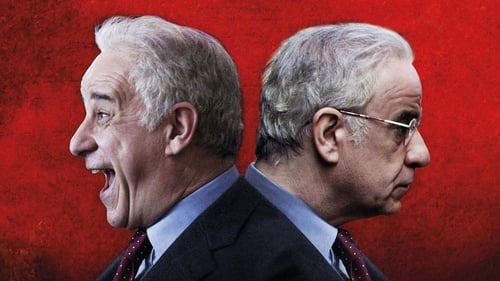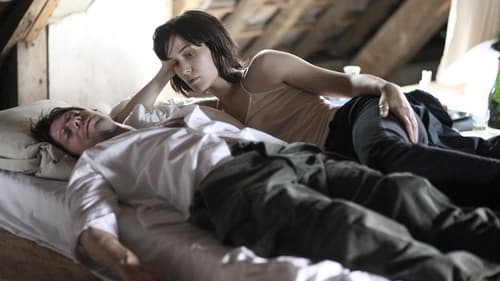
Jean
Vincent tells the story of Jean, a character who is a part of him, without being him. In this story Jean meets Stacey. Among the echoes of today's society the professional and private relationship of a filmmaker and an actress at work is growing. Notre Histoire is a modern tragi-comedy, a love letter to a woman, a tribute to a neighborhood victim of terrorism, a self-portrait, a social criticism, the description of a relationship between a filmmaker and an actress, in the center of which desire and urgency to work mix.

Claude
Enrico Oliveri, un político en crisis y secretario del principal partido de la oposición que está perdiendo apoyos, abandona sus compromisos y responsabilidades tras ser criticado duramente en un mitin, escondiéndose en Francia, en casa de una amiga. Su ayudante, para salir del apuro ya cada vez con menos crédito intentando justificar su ausencia, decide entonces sustituirlo por su hermano gemelo, un filósofo bipolar recién salido del psiquiátrico. Una auténtica locura que se tornará acierto cuando el electorado vuelva a ver en Enrico, ahora Giovanni, una opción real. Todo ello se deberá a un lenguaje distinto e irónico, que pondrá nuevamente al ficticio Enrico en la cresta de la ola.

“I am a woman who does not know where she is going, but who, always, looks for beauty. As long as she does not flee me. Moritz, your beauty fled me. But I caught it and I carry it in me.”

Un pensionnaire du Domaine
Bertrand (Mathieu Amalric), a film director, is conducting research for his latest film, and asks a funeral director if he can stay back at his funeral parlour after the close of business. Bertrand cannot resist getting into a coffin, and accidentally knocks the lid down, locking himself in the coffin.



